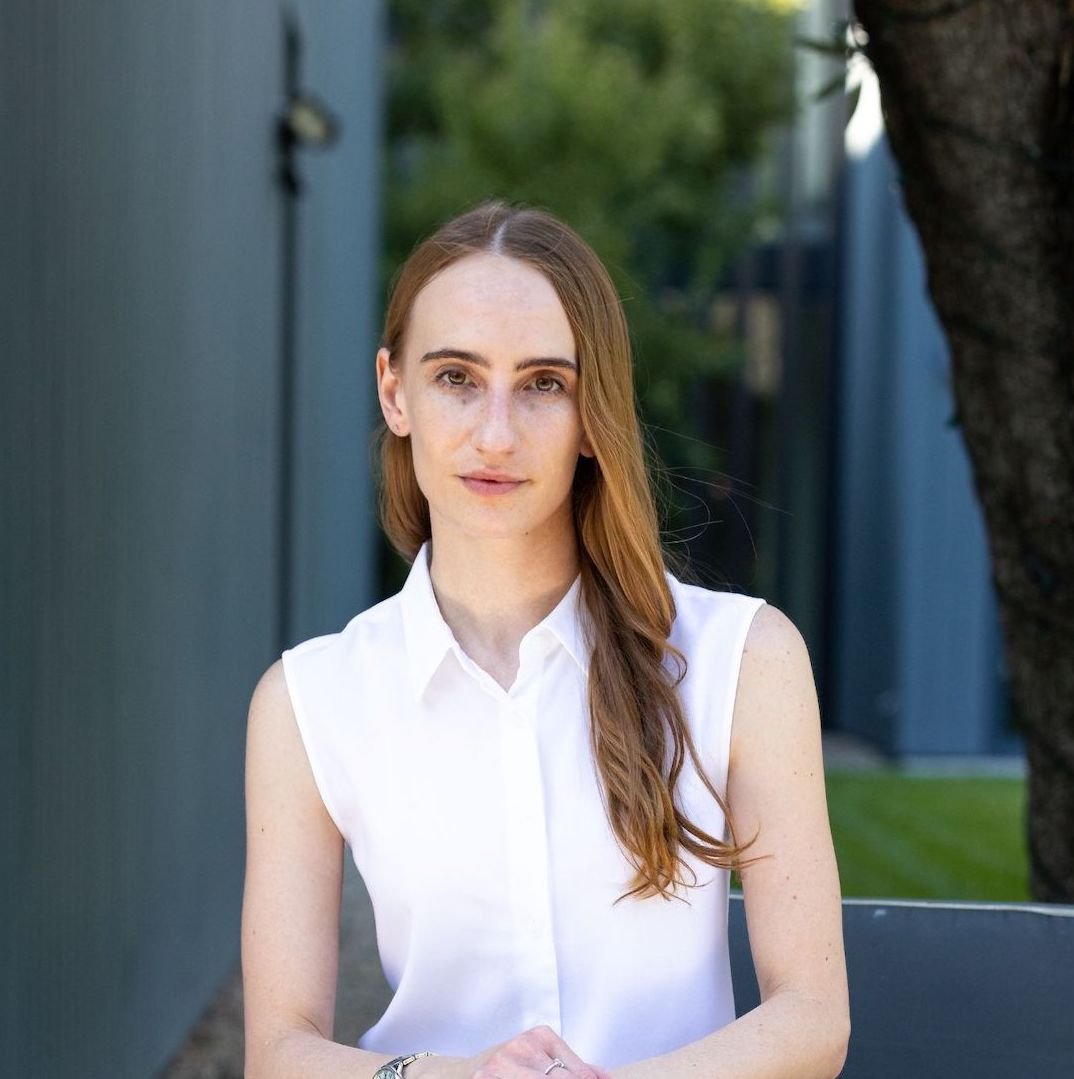What To Expect on an Initial Phone Consultation with a Therapist
Research shows that the biggest predictor of successful therapy is the relationship between client and therapist.
Building a trusting relationship takes time and feeling “comfortable” talking to a stranger about your private issues doesn’t always come instantly. While you might not feel ready to divulge your deepest secrets right away, we all have gut reactions or instincts that give us cues on how safe someone feels.
What is a therapy initial consultation?
The initial phone consultation also referred to as an “intro call” is a time to discuss important issues related to the therapy, logistics, and get a general sense of one another. The phone consultation is usually about 15 minutes long and consists of some basic questions about what you’re looking for and what kind of issues you’d like to focus on. Together, you and the therapist will determine if it’s a good fit for both of you. During the first therapy session is when you will really start getting into more of the details about what’s troubling you and explore some of your history.
It’s important to remember that not all types of therapy or therapists are the same. I encourage you to feel empowered to explore and understand your options. Do your best not to let bad experiences from the past hold you back from seeking help.
It’s absolutely normal to feel nervous before an intro call (especially if you already struggle with anxiety!).
Here’s what you can expect and tips to help you feel prepared:
Intro calls typically last about 15 minutes.
Make sure that you are in a quiet, private space where you can speak freely.
You don’t need to research therapy techniques in advance, but feel empowered to ask about how they work with clients and what kind of therapy they practice. If you don’t understand their answer, be sure to ask them to explain or give examples.
Therapists on intro calls will likely ask questions such as:
What’s bringing you into therapy at this time?
Have you explored therapy before? If yes, what was the experience like for you?
What are you looking for in a therapist? Is there a type of therapy that has been helpful for you in the past?
Questions about your personal mental health history, lifestyle choices, major life changes, current symptoms or other things that are bothering you
Discuss the session fee and scheduling options.
What Questions Should I Ask a New Therapist?
Feel free to ask the therapist whatever questions come to mind.
Here are some examples of good things to consider:
What is your therapy style? What type of therapy do you practice?
Do you work with clients who share similar concerns / hurdles / objectives as me?
What are your fees? Do you accept insurance?
Do you offer in-person and/or telehealth (online) sessions?
What kinds of time slots do you have open for scheduling?
At the end of the call, the therapist may ask if you’d like to schedule your first session together. If you feel ready to move forward, go ahead and book a time! If you’re not sure yet, let the therapist know that you’d like to get back to them.
Frequently Asked Questions
-
If you are finding a therapist for the first time, start by noticing what you most want help with, such as anxiety, burnout, trauma, or relationship stress. Look for therapists who name those concerns as specialties and read a bit about their approach on their websites or directory profiles. From there, you can schedule one or more intro calls to get a feel for their style, ask about logistics like fees and availability, and notice where you feel most at ease.
-
A good fit usually feels like being understood and feeling safe enough to be honest, even when you are talking about vulnerable parts of your life. It often takes a few sessions for that sense of trust to develop and for the therapist to understand your history and current stressors. By around session three or four, most people have a sense of whether the approach feels helpful and whether they can imagine opening up more over time.
-
If something in therapy is not working for you, it is always okay to bring it up. Sometimes a direct conversation allows you and your therapist to adjust the pace, tools, or focus in a way that feels better. If, after a few sessions and an honest conversation, it still does not feel like a good fit, you can switch at any time for any reason, and some therapists will support you in finding referrals so you can continue your work elsewhere.
-
You do not need to have everything figured out before you start. Many people begin with what pushed them to reach out now, such as a major life transition, a pattern they feel stuck in, or a general sense that they do not feel like themselves. From there, we can explore your history, relationships, current stressors, and the ways you cope, and I will help guide the conversation so you are not carrying that process on your own.
About the Author: Sage Grazer, LCSW
I am a licensed psychotherapist providing online therapy to adults struggling with anxiety, burnout, trauma, loss, low self-esteem, and relationship issues. I help clients develop the insight, skills, and resilience to cope with whatever life stresses come their way. I specialize in helping high-achieving young professionals overcome anxiety and burnout to feel more confident, empowered, and effective in their lives. If you’re a resident of California or Hawaii, schedule a free consultation to learn more.
If you are interested in working with me, the next step is to contact me to set up your free phone consultation. You can also check out my FAQs to see if your question has already been answered.


